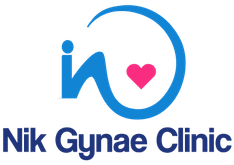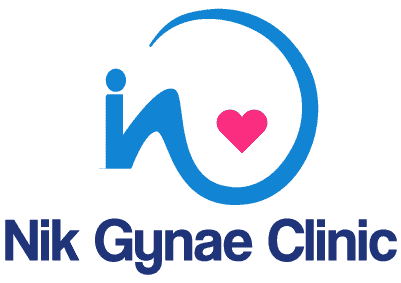Embark on a Healthy Pregnancy Journey: A Complete Trimester-by-Trimester Guide to Well-being

Embarking on the journey from conception to delivery is a transformative experience, and a comprehensive guide is key to navigating the complexities of each trimester. In this guide, we'll explore the physical and emotional well-being, nutritional considerations, and essential tips for a healthy pregnancy journey, ensuring that expectant mothers are empowered with knowledge every step of the way.
Preconception Planning and Early Pregnancy:
The Importance of Preconception Health:
- Preconception Check-ups and Assessments: Initiating the journey with thorough preconception health checks ensures a healthy foundation.
- Lifestyle Modifications for Future Mothers and Fathers: Lifestyle adjustments for both partners contribute to a supportive environment for conception.
Early Pregnancy: Weeks 1-12:
- Confirming Pregnancy: Understanding early signs and the importance of early confirmation.
- Establishing Prenatal Care Plans: Initiating prenatal care early sets the stage for a well-monitored pregnancy.
Second Trimester: Weeks 13-28:
Physical Changes and Well-being:
- Embracing Body Changes: Navigating physical transformations and embracing the beauty of pregnancy.
- Managing Common Discomforts: Practical tips for addressing common discomforts during the second trimester.
Emotional Well-being:
- Addressing Emotional Changes: Recognizing and managing emotional shifts during the middle trimester.
- Building a Support System: The importance of a supportive network and open communication with loved ones.
Third Trimester: Weeks 29-40:
Preparing for Labor and Delivery:
- Birth Plans and Preferences: Creating informed birth plans and communicating preferences for a positive delivery experience.
- Childbirth Education Classes: Enrolling in childbirth education classes for preparation and empowerment.
Physical Well-being in Late Pregnancy:
- Managing the Challenges of the Third Trimester: Coping with physical challenges unique to late pregnancy.
- Prenatal Exercises and Comfort Measures: Incorporating safe exercises and comfort measures for overall well-being.
Nutrition Throughout Pregnancy:
Preconception and Early Pregnancy Nutrition:
- Essential Nutrients for Fertility: Understanding the nutrients crucial for fertility.
- Early Pregnancy Dietary Guidelines: Dietary recommendations for a healthy early pregnancy.
Second and Third-Trimester Nutrition:
- Meeting Increased Nutritional Needs: Adjusting nutrition to meet the growing demands of the second and third trimesters.
- Addressing Common Dietary Concerns: Managing dietary concerns such as cravings, aversions, and specific nutrient requirements.
Special Considerations and High-Risk Pregnancy:
Identifying High-Risk Factors:
- Health Conditions and Pregnancy: Recognizing health conditions that may contribute to a high-risk pregnancy.
- Age-related Considerations: Understanding age-related factors and their impact on pregnancy.
Managing High-Risk Pregnancies:
- Medical Interventions and Monitoring: Strategies for managing and monitoring high-risk pregnancies.
- Emotional Support for High-Risk Expectant Mothers: The importance of emotional support during high-risk pregnancies.
Prenatal Care and Medical Check-ups:
Importance of Regular Prenatal Visits:
- Monitoring Fetal Development: Regular check-ups for monitoring the growth and development of the fetus.
- Assessing Maternal Health: Evaluating and addressing maternal health through comprehensive assessments.
Common Prenatal Tests and Screenings:
- Ultrasound Scans: Visualizing the fetus and identifying potential issues.
- Blood Tests and Genetic Screenings: Essential screenings for assessing genetic factors and overall health.
Preparing for Delivery and Postpartum:
Birth Plans and Preferences:
- Exploring Labor and Delivery Options: Understanding various options for labor and delivery.
- Informed Decision-making: Empowering mothers to make informed decisions about their birthing experience.
Postpartum Well-being:
- Physical Recovery After Delivery: Navigating the postpartum recovery period.
- Emotional Support and Postpartum Care: Addressing emotional well-being and accessing postpartum care.
In conclusion, this comprehensive guide aims to empower expectant mothers with knowledge for a healthy and joyful pregnancy journey from conception to delivery.
By understanding the physical and emotional aspects of each trimester, prioritizing nutrition, and addressing special considerations, mothers can navigate pregnancy with confidence and embrace the transformative experience of becoming a parent. Wishing all expectant mothers a joyful and fulfilling journey into motherhood.


